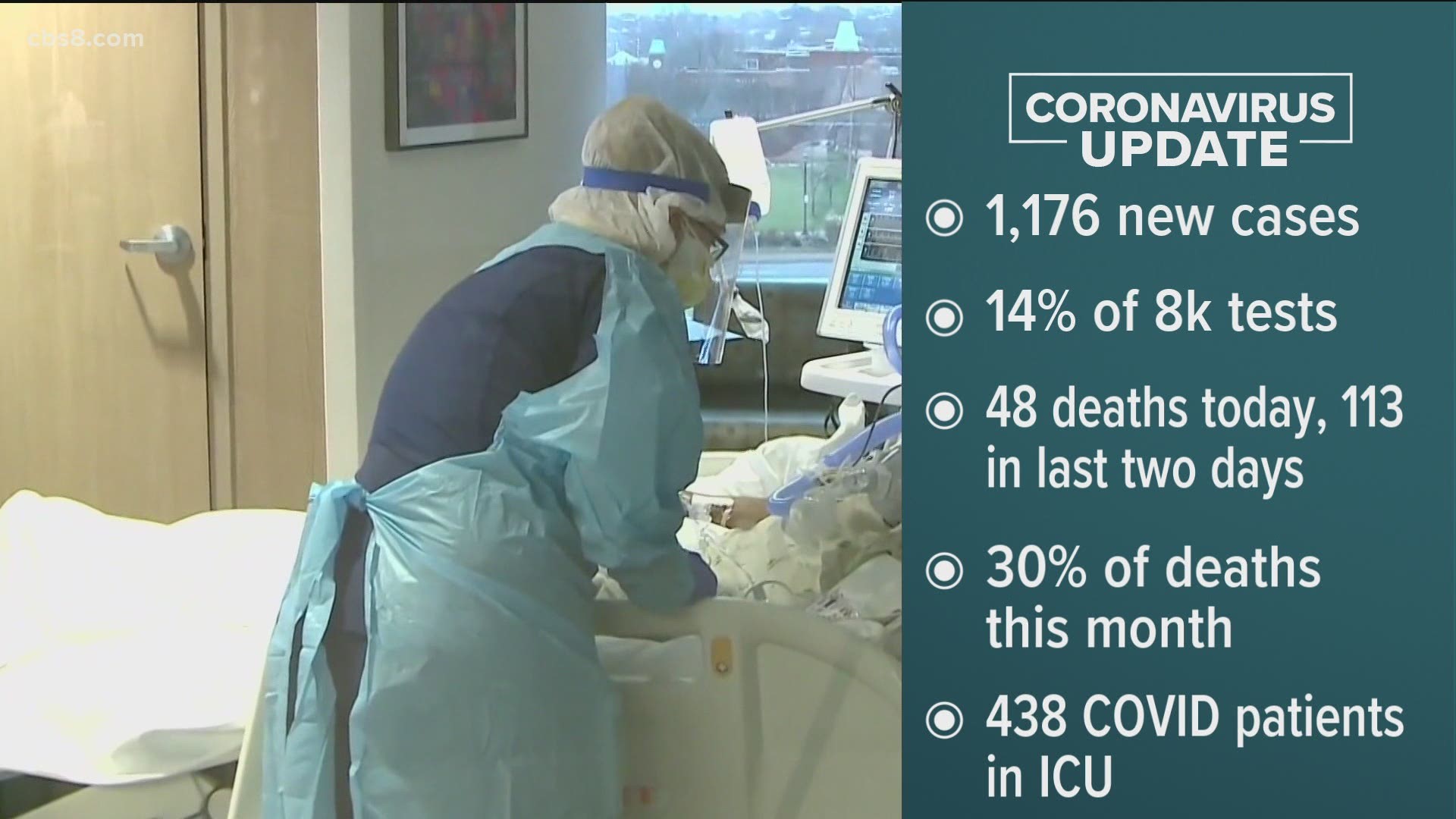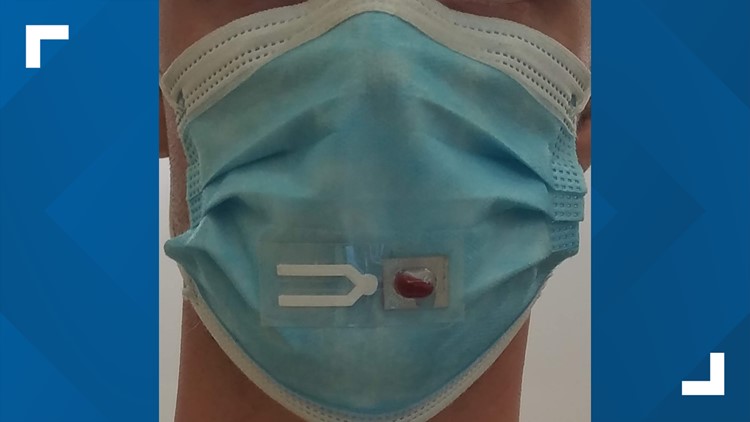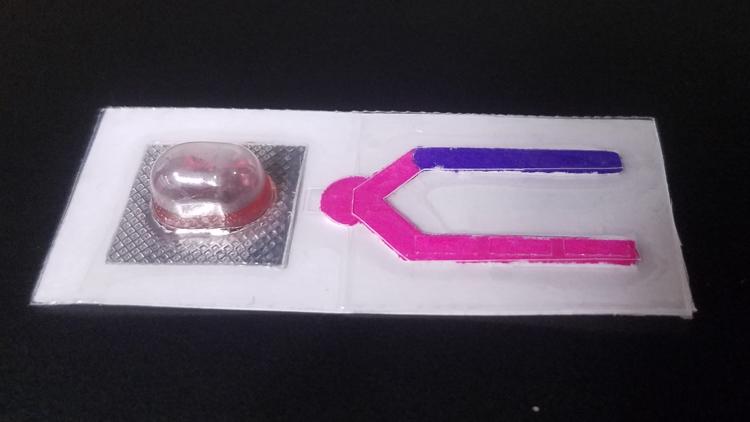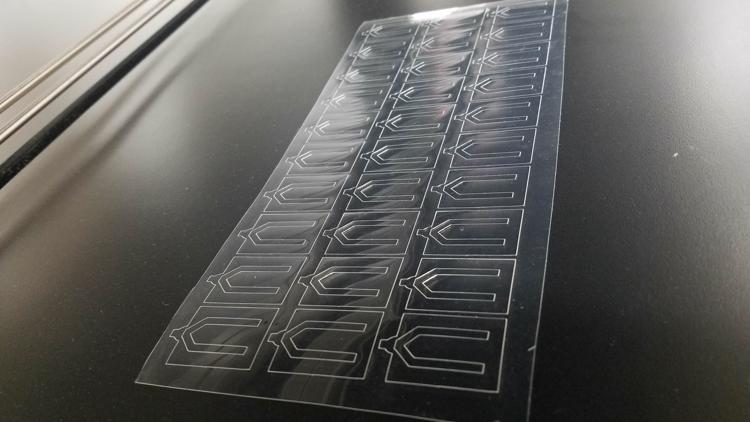SAN DIEGO COUNTY, Calif. — According to researchers at UC San Diego, face masks could soon help detect COVID-19. UCSD is developing a test strip that can be attached to a mask and detect coronavirus in your breath or saliva.
The university received $1.3 million dollars from the National Institutes of Health for the project as part of the NIH's Rapid Acceleration of Diagnostics Radical program for COVID-19.
“In many ways, masks are the perfect ‘wearable’ sensor for our current world,” said Jesse Jokerst, professor of nanoengineering at the UC San Diego Jacobs School of Engineering and lead principal investigator of the project. “We’re taking what many people are already wearing and repurposing them, so we can quickly and easily identify new infections and protect vulnerable communities.”
UCSD said in a post on their Facebook page that this could provide a simple and affordable way to detect COVID-19 infections.
UC San Diego develops mask sensor that detects COVID-19
Jokerst spoke with News 8 Friday and said the new masks would allow facilities to alert people earlier who are at high risk, like group homes, homeless shelters and prisons to detect new infections sooner and help reduce super spreader events.
“We want this to be affordable enough for daily testing,” Jokerst said.
Jokerst will be working with researchers at UC San Diego School of Medicine to test the strips on saliva samples that test positive for COVID-19. He said the strips are not meant to replace current COVID-19 testing protocols.







